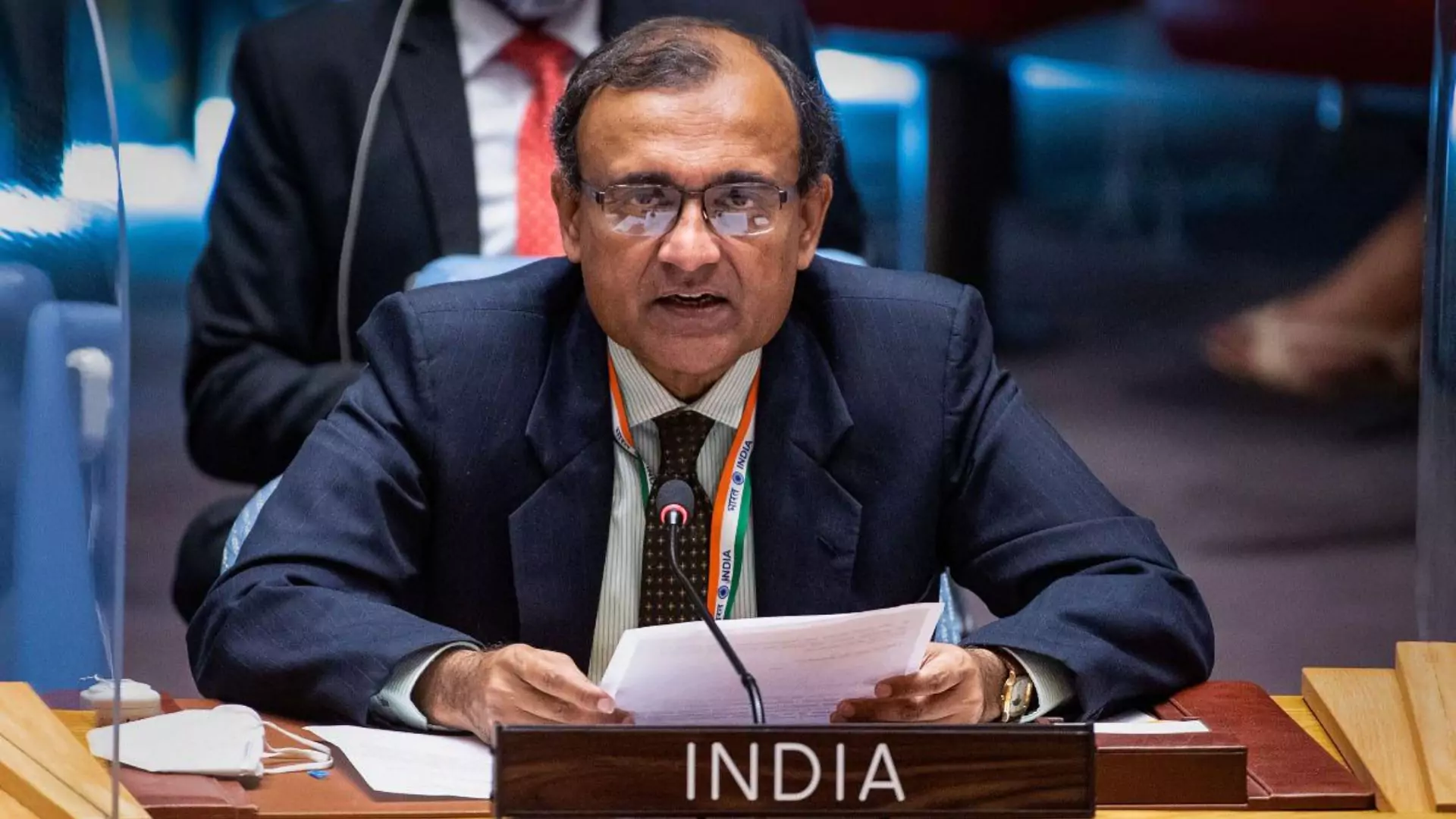As this year’s 2024 Chardham Yatra-named one of the deadliest-comes to a close, over 240 pilgrims have lost their lives to health-related issues across Uttarakhand. The worst casualty was reported in helicopter trips to the high-altitude shrines where rapid exposure to altitude could result in extreme health issues.
Kedarnath, Gangotri, and Yamunotri have already shut for the winter season while Badrinath remains open till November 17. The yatra season is fast coming to an end, and this annual pilgrimage that attracts millions of devotees requires tremendous physical resilience because it takes place under high altitudes and often difficult terrain. Casualties in this tour also are not rare. In the 2024 season, the death toll has slightly increased, reaching 246, compared to 242 recorded in the previous year.
Causes Of High Deaths
As per information disseminated by Uttarakhand State Emergency Operation Centre, while Kedarnath suffered 115 deaths, Badrinath recorded 65 deaths, and 16 and 40 died at Gangotri and Yamunotri respectively. Other types of death include Hemkund Sahib where 10 pilgrims lost their lives. Causes of death in the main are altitude sickness, low oxygen levels, and heart attacks all of which take place during or immediately after visiting the temples in the Himalayas.
The steep helicopter ascent poses considerable danger since it denies the essential acclimatizing period that travelers require to absorb the high altitude. Six Sigma Healthcare, which has provided medical care here for nearly a decade, says most pilgrims who arrive by air suffer from extreme discomfort because they are acutely exposed to conditions at high altitude.
Pilgrims going up more than 3,000 meters by helicopter face extreme changes in the weather within less time than that taken by their bodies to get acclimatized, hence with a higher risk of health factors, said a healthcare provider. Acclimatization is essential before one is exposed to such extreme conditions, he added.
High-Altitude Challenges
Situated in remote locations, the Chardham temples – Kedarnath, Badrinath, and Yamunotri – prove to be a real harsh weather and treacherous terrain experience for pilgrims. Altitude sickness due to low oxygen levels can prove fatal if not treated immediately. Further, they have to climb mountainous routes that are prone to landslides, drop the temperature abruptly, rain, or snow-even conditions that can prove killing for pilgrims, as many will already suffer from underlying health issues.
“The trek is physically strenuous and, for those suffering from illnesses, like cardiovascular or respiratory diseases, it is overwhelming,” a health official said. Overcrowding and shortage of facilities worsen these dangers. Even as infrastructure gets improved, remote areas along the route are often found to be woefully short of medicines, specialist specialists, among other facilities
Contributing Factors To Health Risks
As many as millions of pilgrims visit the Chardham Yatra every year. This mass presence would lead to the overcrowding of trails, as well as accommodations and medical facilities. Overcrowding leads to slow emergency responses and provides limited accessibility to important health care for those under sudden health complications.
A huge chunk of the pilgrims are old or have some other medical ailments. The fast movement combined with altitude can exacerbate such conditions to cause emergencies or take away some lives. Although some changes have occurred, the Emergency Medical Services in the region are still at a low level because of the slow response due to the terrain.
Natural calamities also pose a threat to the pilgrims. The mountainous region often witnesses huge landslides and flash floods mainly during the monsoon season, which makes the situation even more threatening. Such incidents can cause injuries or even lead to fatalities, which in turn make pilgrims realize the risk involved in Chardham Yatra.
Safety Precautions For A Safer Experience Of Pilgrimage
Various preventive measures to reduce losses and provide safety for the Chardham pilgrims are proposed by experts. This includes cooperation by government authorities with NGOs in offering extra medical facilities on the route and making the information on altitude sickness available. Steps on their health check-up with pre-tour acclimatization advice will prepare pilgrims in particular for the treacherous conditions.
Introducing a cap on daily visitors to certain high-altitude sites would help manage crowding and reduce the strain on resources. Making first aid kits and health checks mandatory for registration could provide a layer of preventive care in order to minimize health risks during the journey.
MUST READ | SC Grants Relief To Union Minister Shivraj Singh Chauhan In Defamation Case


















